Have you ever sent off a job application, heard nothing, and then had a nagging worry about whether it has actually arrived? When you're unsure how an organisation recruits its staff, applying for a job there can be a very frustrating experience. So we've prepared a short guide to how we take on new staff. Click on any section, to learn how the process works in more detail.
We believe in equality of opportunity, and are committed to transparency in everything we do. This shapes our recruitment processes too, right from the outset. Before we even advertise for a new post, we have a panel to assess the role. We go the extra mile to make sure that the tasks you'll perform, and the responsibility you'll have, is comparable to other roles at the same pay grade, throughout the council. So you can be confident that we've really thought about your role, and that you'll be getting a fair deal for your skills and experience.

And it doesn't stop there. We're mindful of the needs of our future employees, and are a committed Disability Confident Employer. This means that we'll ensure our adverts are accessible, appear on a range of media, and will provide additional support if necessary, to ensure that no candidate is disadvantaged due to a disability. This includes a guarantee to interview any applicant with a disability who meets the essential criteria in the job description.
Many of the jobs we advertise involve contact with vulnerable people who rely on us to safeguard and protect their welfare. This is a top priority, and you'll notice it is explicit in every part of our recruitment process, from advert through to interview, and beyond.
In the interests of equitable treatment, we allow you to attach your cv with your application, and every candidate completes a job application form. This ensures that all candidates applying for any job have the same opportunity to answer exactly the same questions.
The form is structured to allow you to demonstrate how your skills and experience meet the job description and person specification. When you complete it, pay really close attention to the Essential and Desirable skills, knowledge, and experience required, as we base our shortlisting on these sections of the form. Remember to explain any gaps in your employment.
If you'd like more help with filling in the form, you can check out our support for jobseekers page, or the detailed section-by-section tips on our how to apply page.
Once the closing date for a job has passed, we will put together an interview panel, and they will decide which candidates to invite for interview.
The shortlisting stage involves assessing the information you give in your application form against the selection criteria listed on the Person Specification that we supply with the job advert .
Remember the shortlisting panel can only use information given in the application form to assess your application or shortlisting. We cannot take into account any other prior knowledge of you, or any other candidate.
We will review your application to ensure that it is full and completed, the information you've provided is consistent and does not contain any discrepancies, and that you've identified any gaps in employment. We cannot accept incomplete applications.
If you don’t hear from us within three weeks of the closing date for the vacancy, please assume that your application has been unsuccessful on this occasion.
All interviews will be with a panel of two or more people. At least one of these will have had recruitment and selection training and, for positions involving working with vulnerable people or sensitive information, recruitment training which specifically addresses safeguarding needs.
We use competency-based questions which ask you to talk about practical examples of your experience. Some examples include the following:
"Tell me a time when you've had to ..."
"Can you think of an example of how/when you successfully dealt with ...?"
"Describe a way in which you are able to..."
Your examples might be from a previous job, but they can be from any part of your life: your education or training, for example, or extra-curricular pastimes, such as sports teams or groups you are part of.
The interview panel will keep written notes of each interview, recording reasons for the decisions they take. Try not to feel put off if you find that while you are answering one person's question, another is writing things down. The panel will make their selection decision on the basis of the evidence collected during the recruitment process, assessing it against the Job Description and Person Specification for the post. We hold our interview and recruitment notes for a minimum of three months, and if you aren't successful at interview, you can request feedback on your application and performance from a member of the recruitment team, to help you in your future job search.
Following the interview, we will contact you to give you our decision. You can request feedback at this time, or later if you prefer. If you are successful, we will make a verbal offer of employment. This is always conditional on satisfactory pre-employment checks, such as taking up references and, for some posts, running a Disclosure and Barring Service check. We will follow our conditional verbal offer with written confirmation and your proposed start date.
Our pre-employment checks
- Your identification and right to work in the UK. We will ask for proof of these at your interview, and will send you instructions about this with your interview invitation
- Two satisfactory references - one being from your most current or recent employer.
- Medical clearance that shows you are able to perform your role
- An enhanced disclosure and barring check for those posts working in "regulated activity" (such as working with vulnerable people or sensitive information)
- A basic disclosure and barring check for all roles using systems covered by the Public Secure Network (PSN) compliance standards
- Current professional registration, where it is a requirement of the post
- Qualification and registration certificates, where they are a requirement of the post
If you role is customer-facing, we have a legal duty to ensure that whatever your nationality or origin, you are able to speak fluent English. There are a number of ways you can demonstrate your fluency, including the following:
- Competently answering interview questions in English
- Possessing a relevant qualification for the role, gained as part of education in the UK, or fully taught by a recognised institution abroad
- Passing an English spoken language competency test
As a new employee of the Council, we will provide you with an induction plan for the first four weeks of your employment. This will include understanding what the Council is here to do, our key policies, important information on our values and expectations of behaviours, for example.
If you're new to working for us, you'll normally serve an initial probationary period of six months, before we can confirm your permanent status in the organisation.
